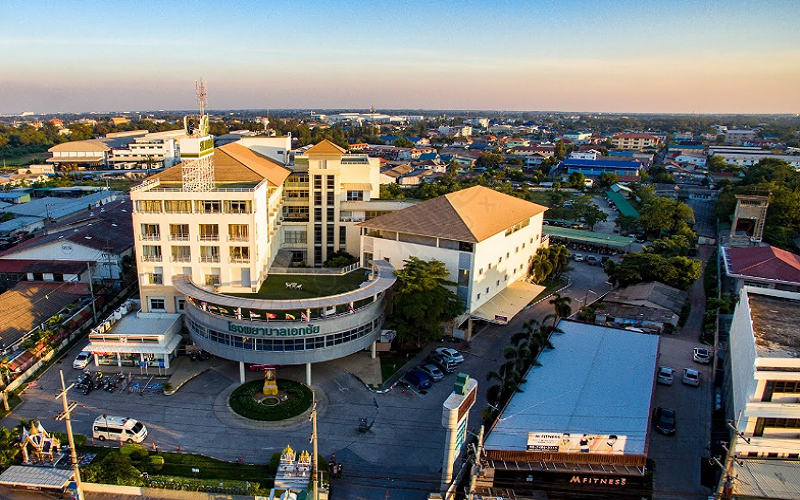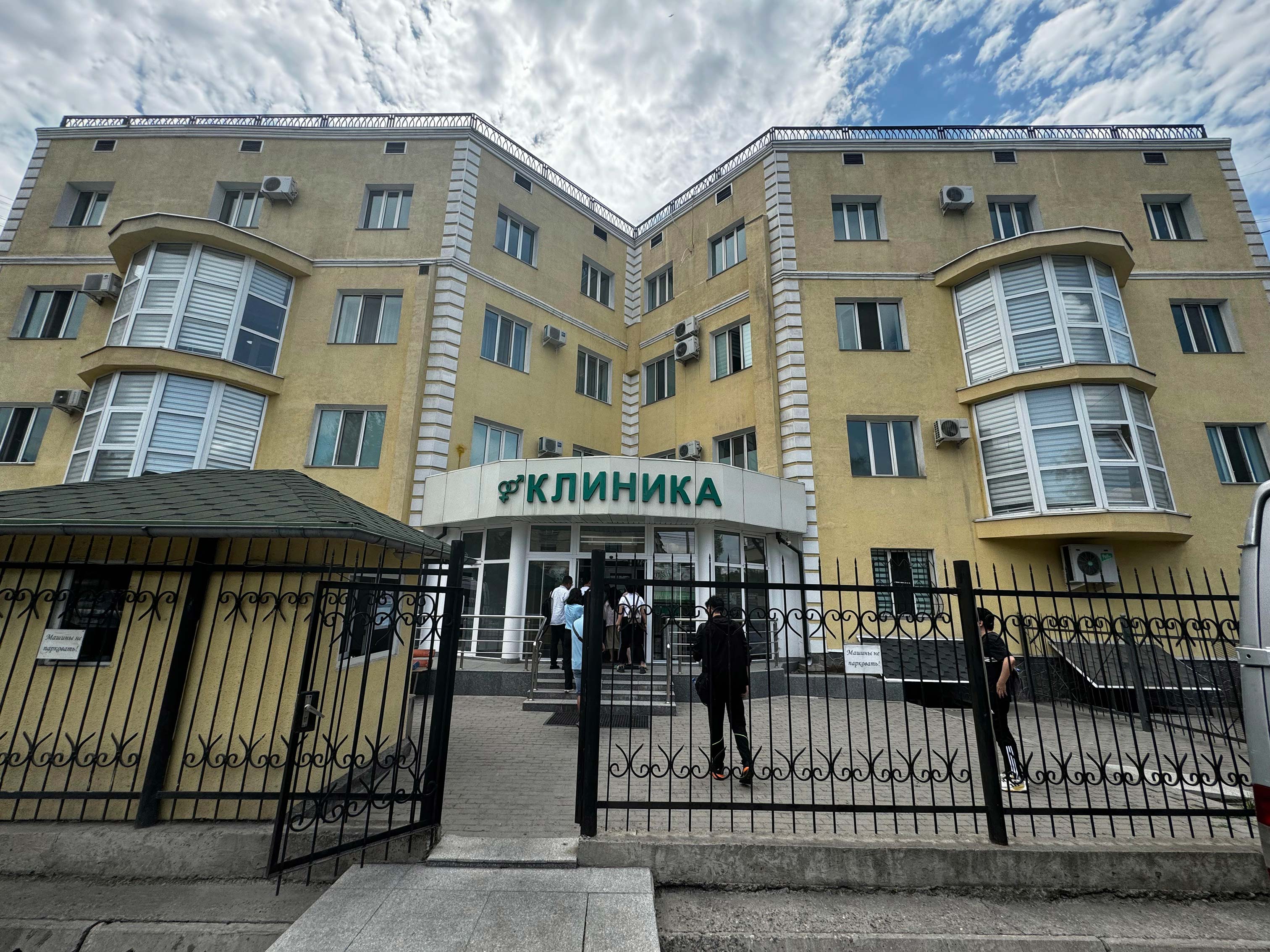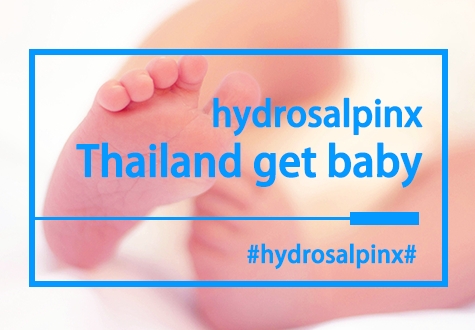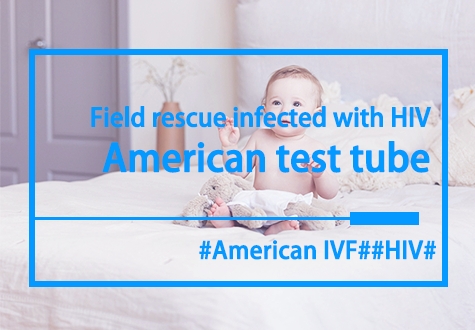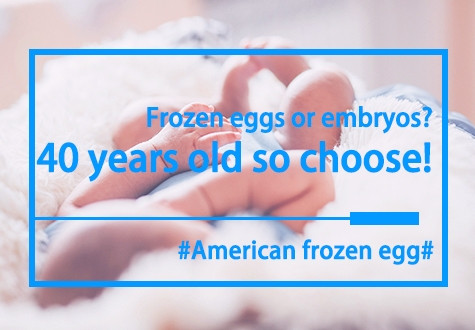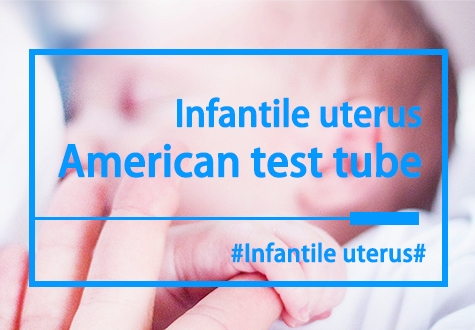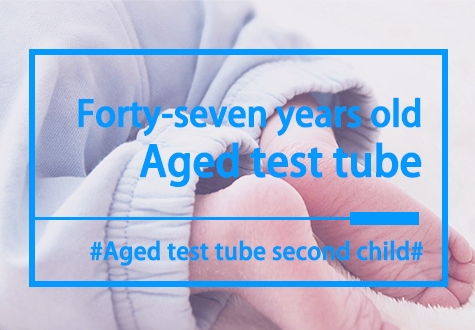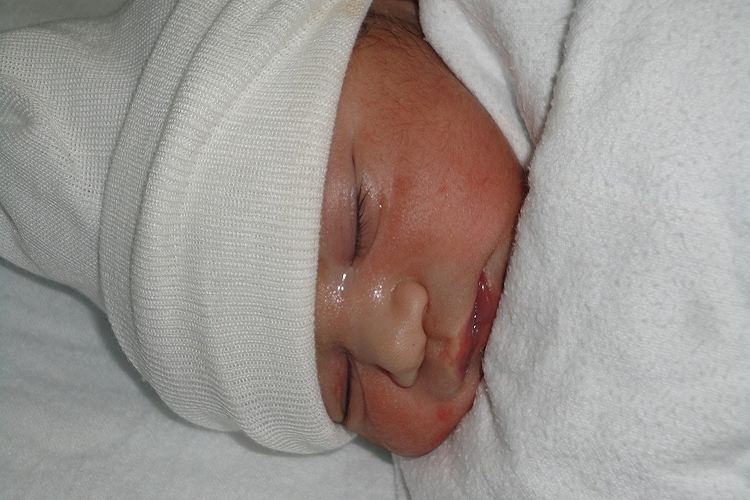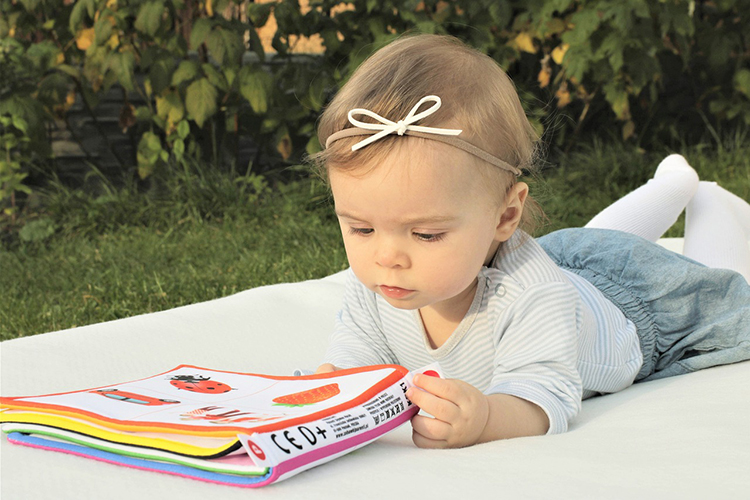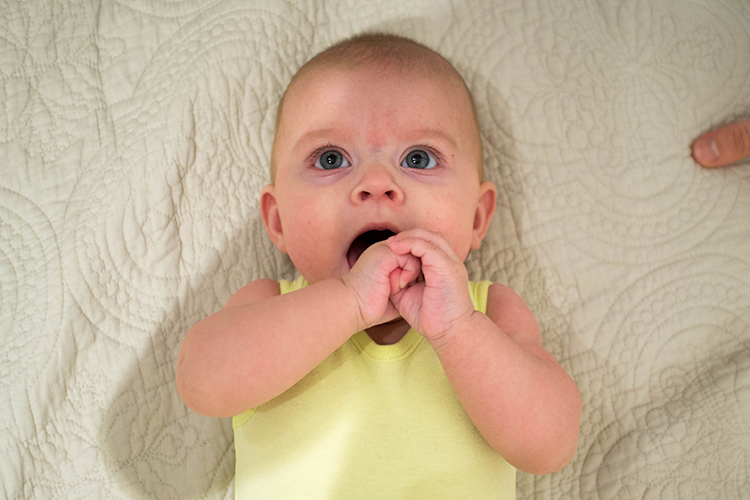Is there a high risk of undergoing in vitro fertilization at the age of 48?
For 48 year old women, although IVF technology is a feasible reproductive method, they need to face higher risks compared to young women. These risks include but are not limited to decreased egg quality, increased pregnancy complications, and increased miscarriage rates. Meanwhile, elderly women also need to pay attention to their own health status and psychological resilience when undergoing in vitro fertilization technology.
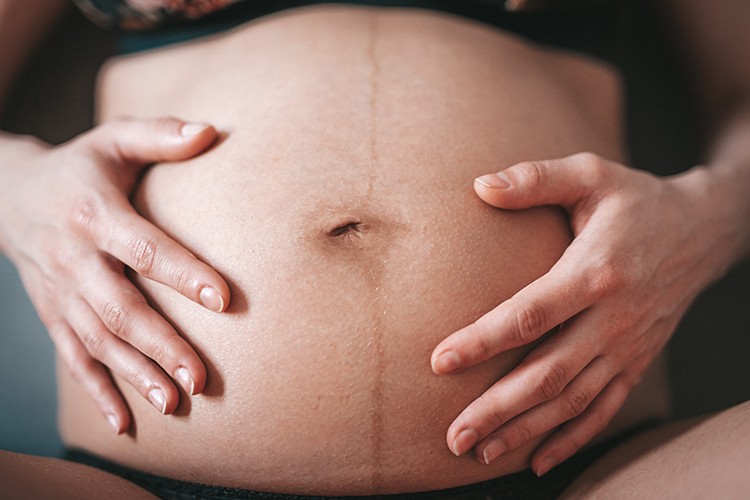
The risk of decreased egg quality
As women age, their ovarian function gradually declines, and the quality of eggs also decreases accordingly. This will lead to a decrease in the success rate of in vitro fertilization technology, while also increasing the risk of embryonic developmental abnormalities. In addition, the incidence of chromosomal abnormalities in eggs of older women can also increase, which may lead to issues such as embryo arrest, miscarriage, or fetal malformations.
The risk of pregnancy complications
Older women are more likely to have various complications during pregnancy, such as hypertension, diabetes, heart disease, etc. These complications not only affect the health of pregnant women, but may also have adverse effects on fetal development. In addition, elderly pregnant women are more likely to experience risks such as difficult delivery and postpartum hemorrhage during childbirth.
The risk of increased miscarriage rate
Older women often have a higher miscarriage rate during in vitro fertilization (IVF) compared to younger women. This is mainly because the quality of eggs in older women decreases and the risk of abnormal embryonic development increases. At the same time, older pregnant women are more susceptible to factors such as external environment and nutritional status during pregnancy, leading to an increase in miscarriage rates.
The risk of psychological resilience
Older women often need to bear greater psychological pressure when undergoing in vitro fertilization technology. On the one hand, they need to face pressure from family, society, and other aspects, fearing that they will not be able to successfully conceive or have healthy children; On the other hand, the process of IVF technology itself can also bring certain physical and psychological burdens. Therefore, elderly women need to have good psychological resilience and self-regulation ability when undergoing in vitro fertilization technology.
How to deal with the risks of aging test tubes
Faced with the risk of advanced IVF, elderly women need to be fully prepared and respond. Firstly, they need to choose formal medical institutions and professional doctors for consultation and treatment; Secondly, they need to maintain good lifestyle habits and mentality, pay attention to nutrition and exercise; Finally, they need to actively cooperate with the doctor's treatment plan, take medication on time, undergo regular examinations, etc.
The risk of undergoing in vitro fertilization at the age of 48 exists, but it is not an insurmountable obstacle. As long as elderly women fully understand and respond to these risks, actively cooperate with the doctor's treatment plan, it is possible to achieve their reproductive dreams. At the same time, we also need to recognize that childbirth is a complex and beautiful process, and regardless of the outcome, we should cherish and respect every life.

